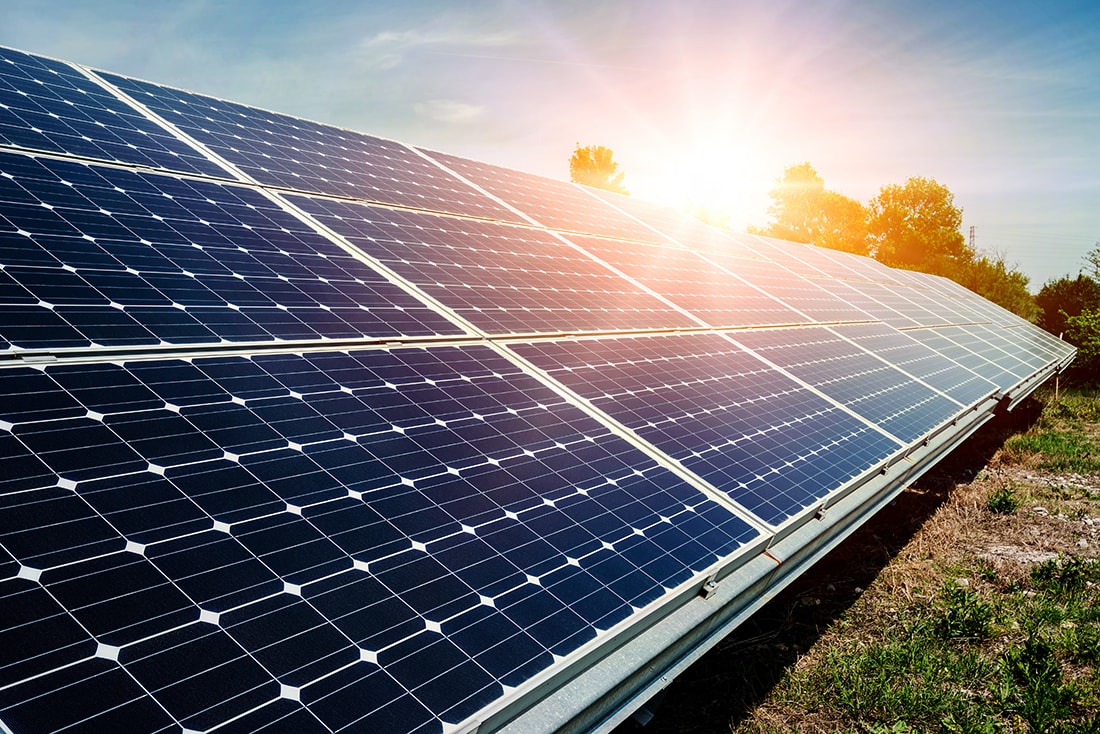The following innovations are being targeted:
- State-of-Health Assessment: A prototype will be developed for rapid evaluation of solar panels, assessing efficiency, identifying black areas (damaged regions), and determining main damages.
- Repair and Recycling: Solar panels with over 80% remaining efficiency will be repaired using robot-assisted technology and high-performance dielectric varnish. Non-repairable panels will be processed with innovative recycling methods to maximize the separation and recovery of their primary components: glass, silicon, metals, and plastics.
- Enhanced Glass Valorization: An inline antimony quantification system will be implemented to optimize the valorization of the glass fraction.
- Eco-Designed Panels: To ensure long-term circularity, a new eco-friendly solar panel will be developed that features easy dismantling using tailor-made debonding on-demand adhesives.
- Digital Product Passport (DPP): A digital platform will be established to implement the DPP for both new and repaired solar panels, facilitating the collection of information to trace existing panels that lack a DPP. This traceability will allow for improved identification of panels and components, enhancing their potential for repair or recycling and increasing the quality of secondary raw materials.
The role of Fraunhofer IWKS:
We are leading PV panel pretreatment for recycling (i.e. mechanical shredding and sorting of fractions). We will use common and innovative fragmentation techniques and solutions like our Electrohydraulic Fragmentation, 4-shaft-shredder and a sorting line including eddy current and magnetic separation, a multi-sensor system with CCD line cameras, NIR and the possibility for machine learning.
By the end of the project, we want to have developed a pilot line for shredding and sorting PV modules that can process 200 kg/h. The annex should be able to produce three fractions (pure glass fraction, silicon with low glass content and plastic).
